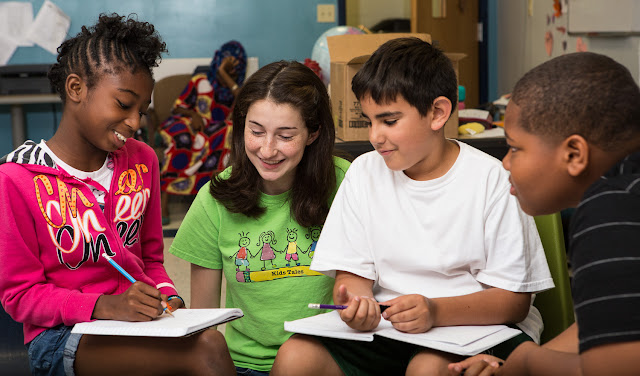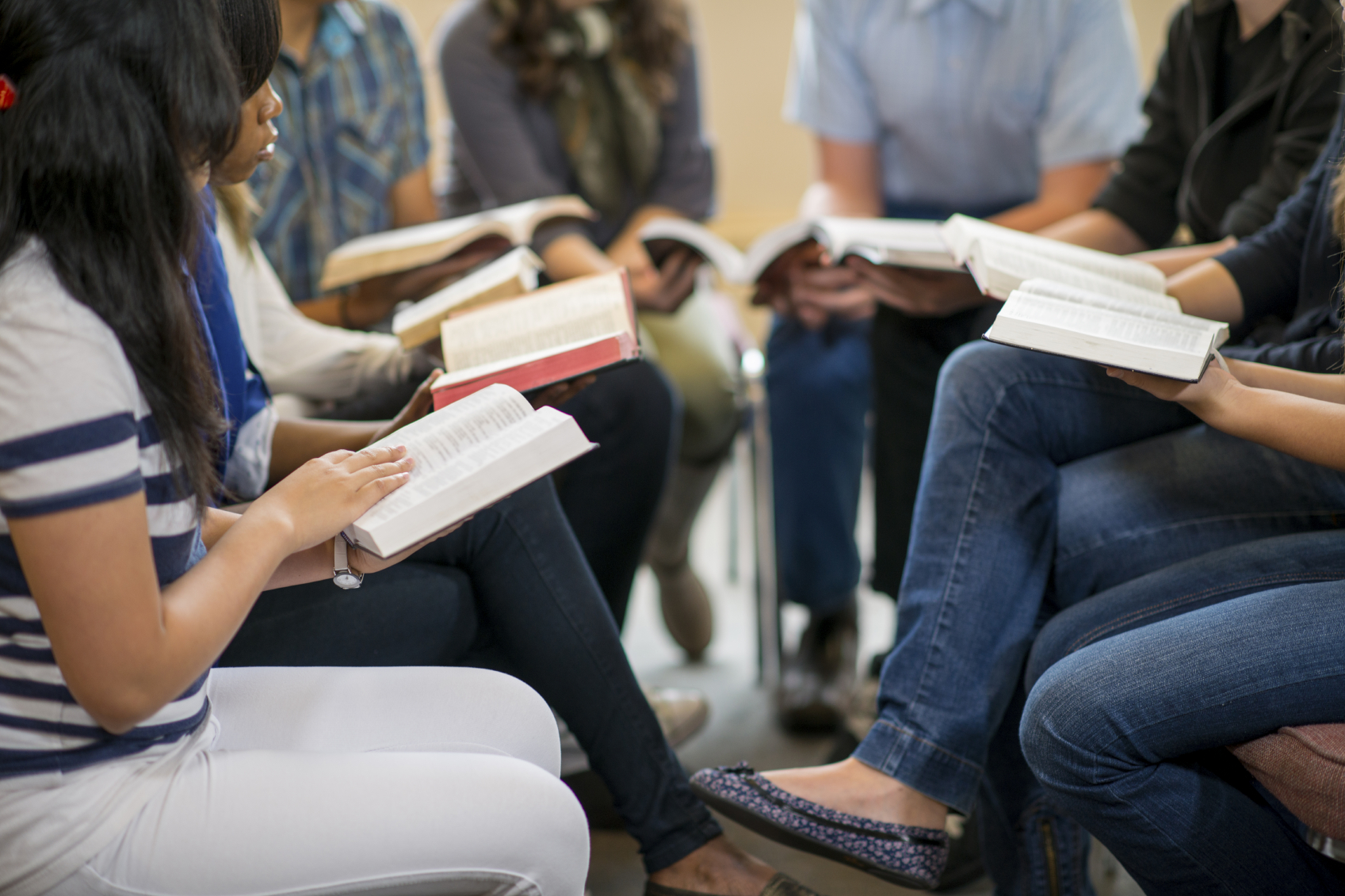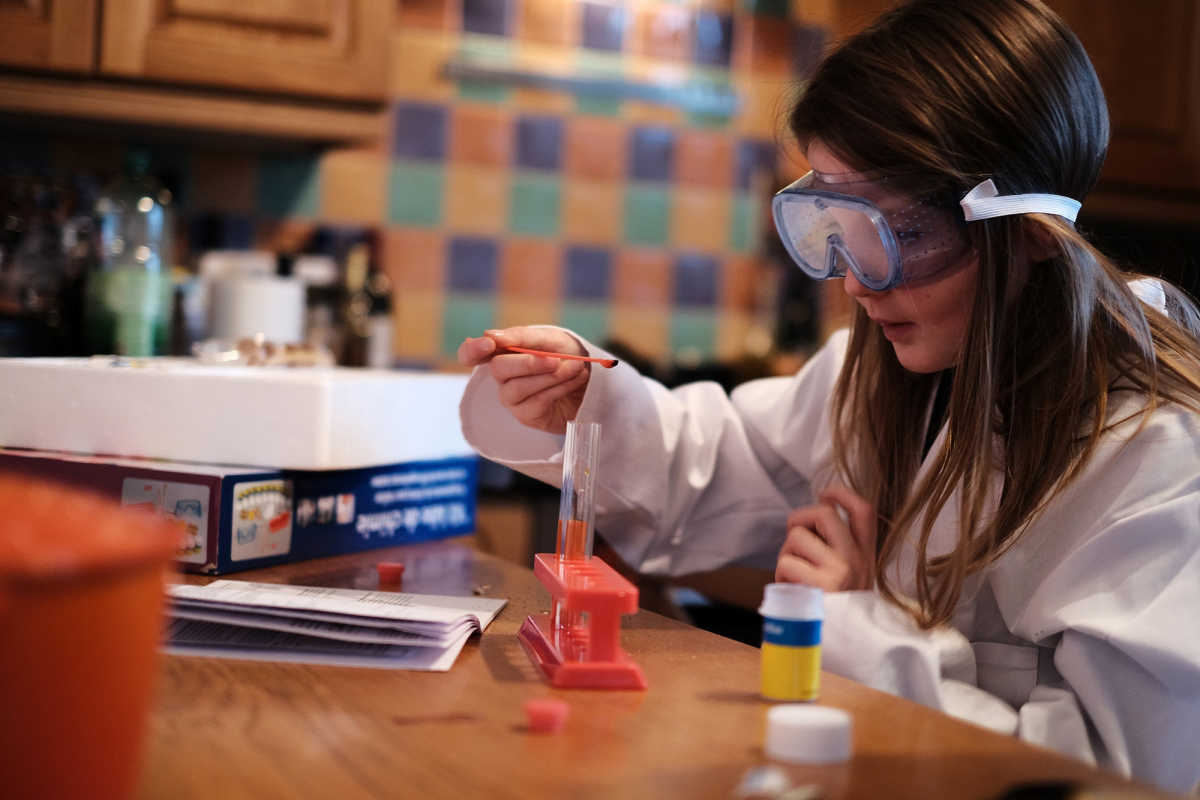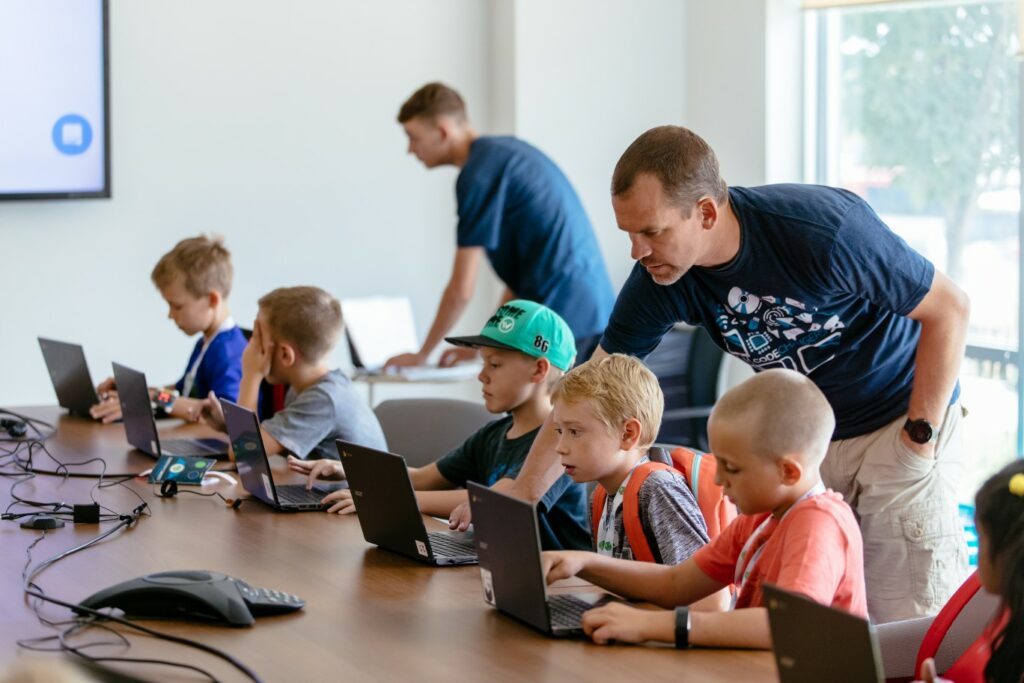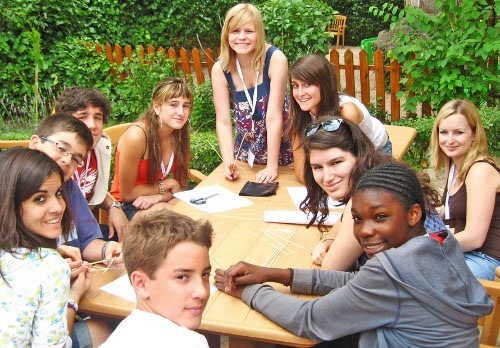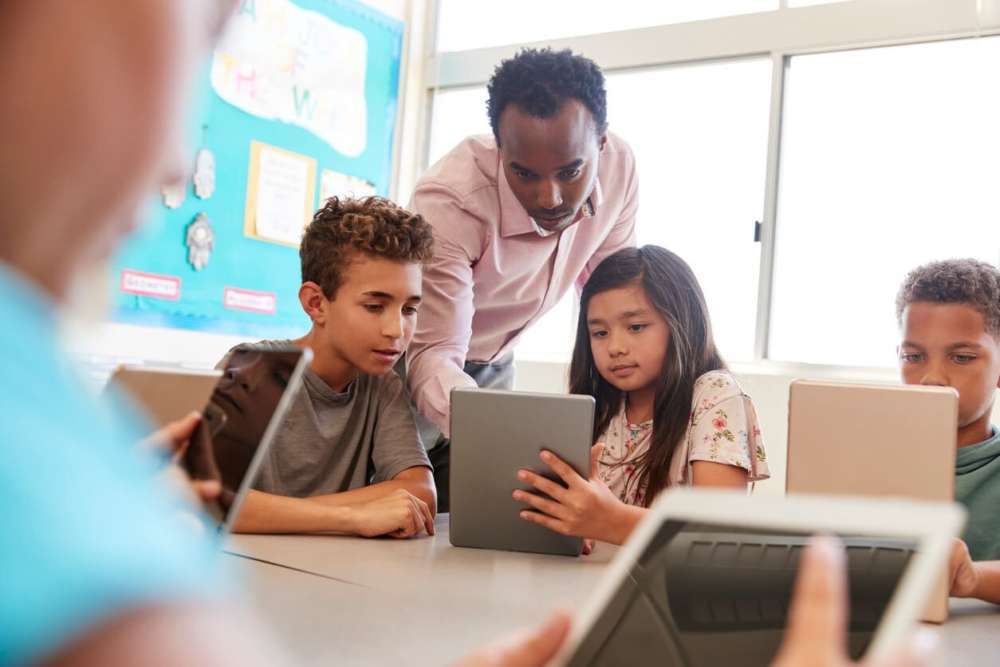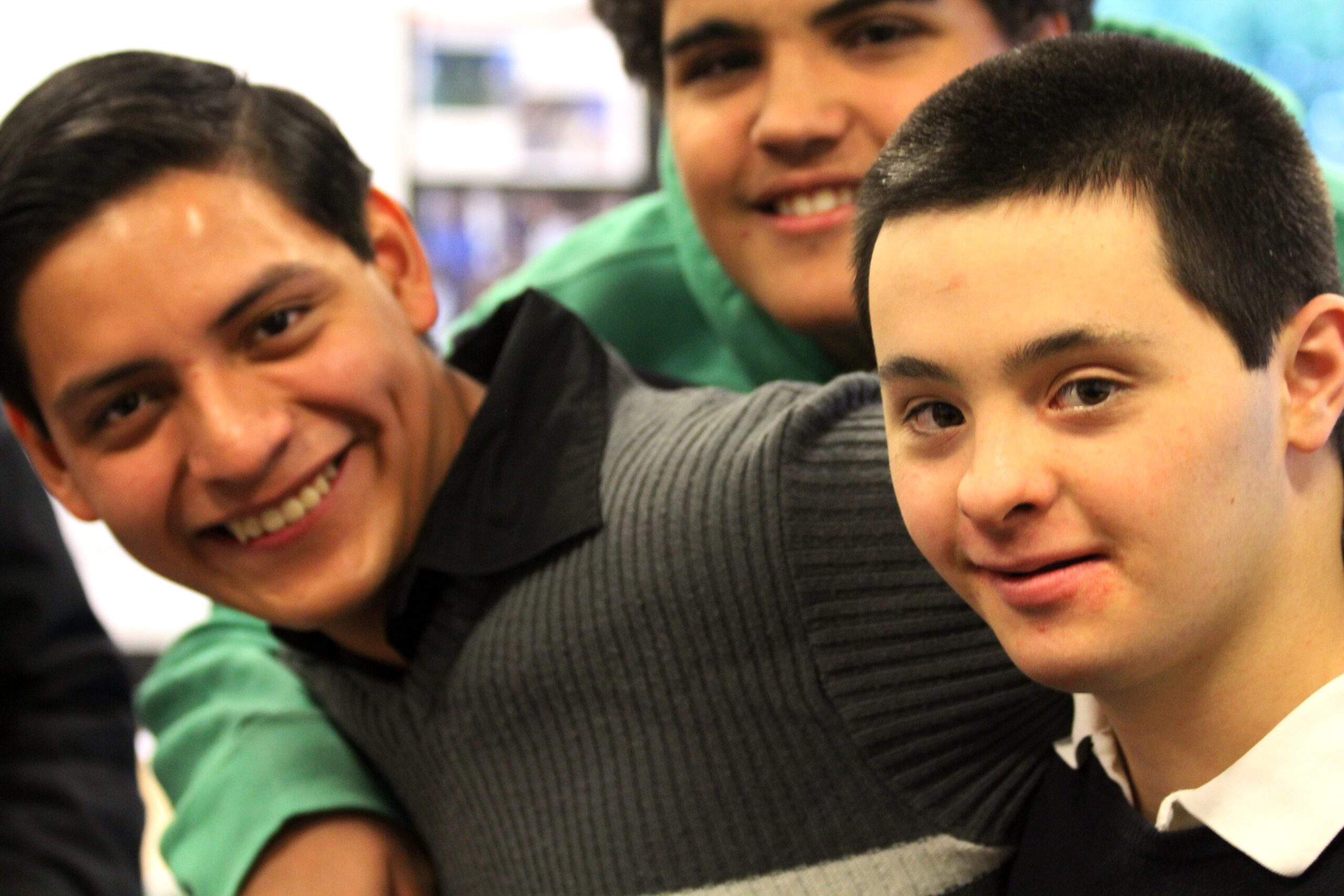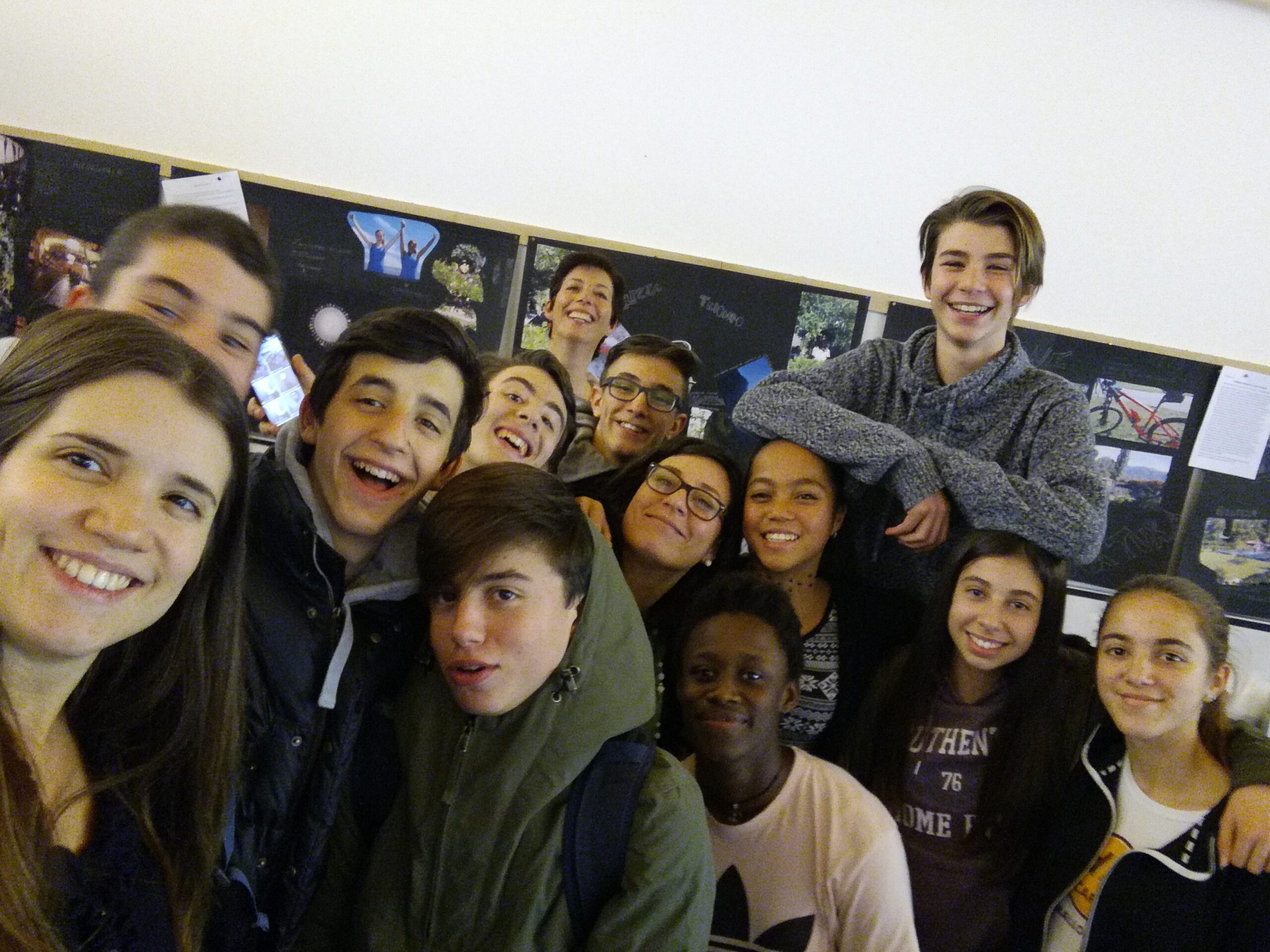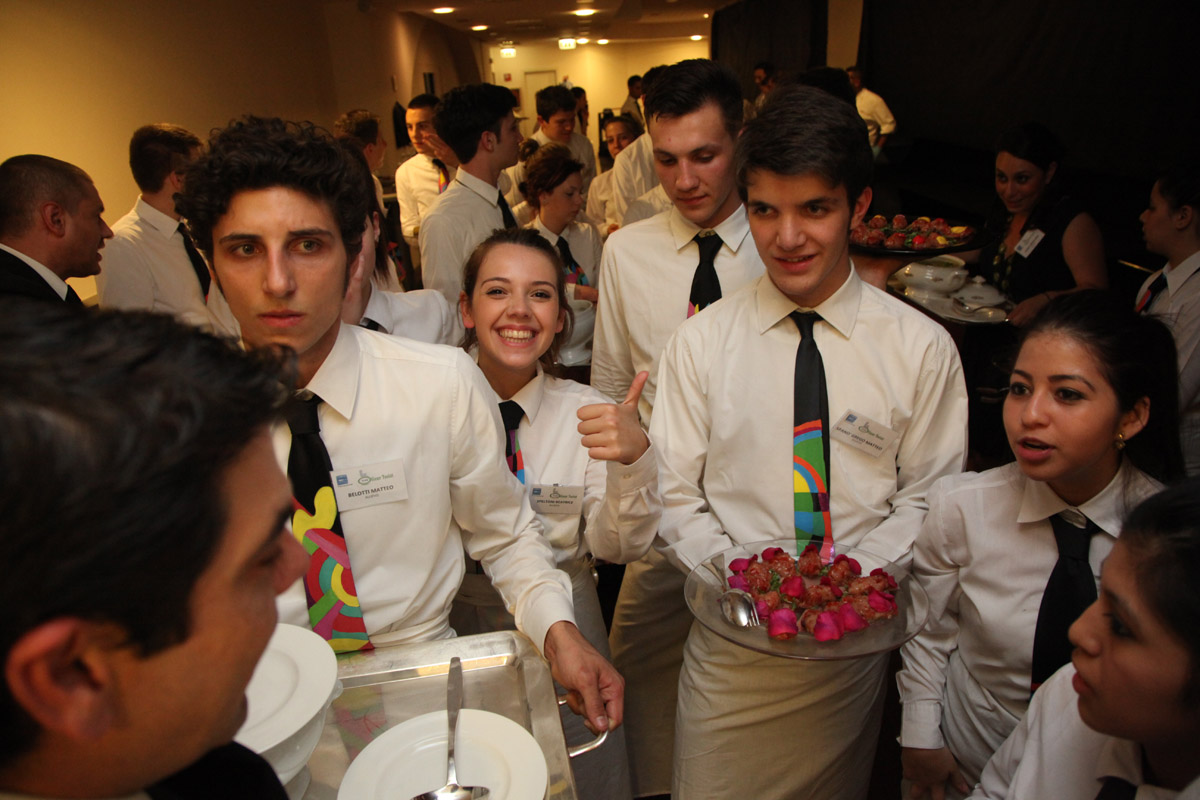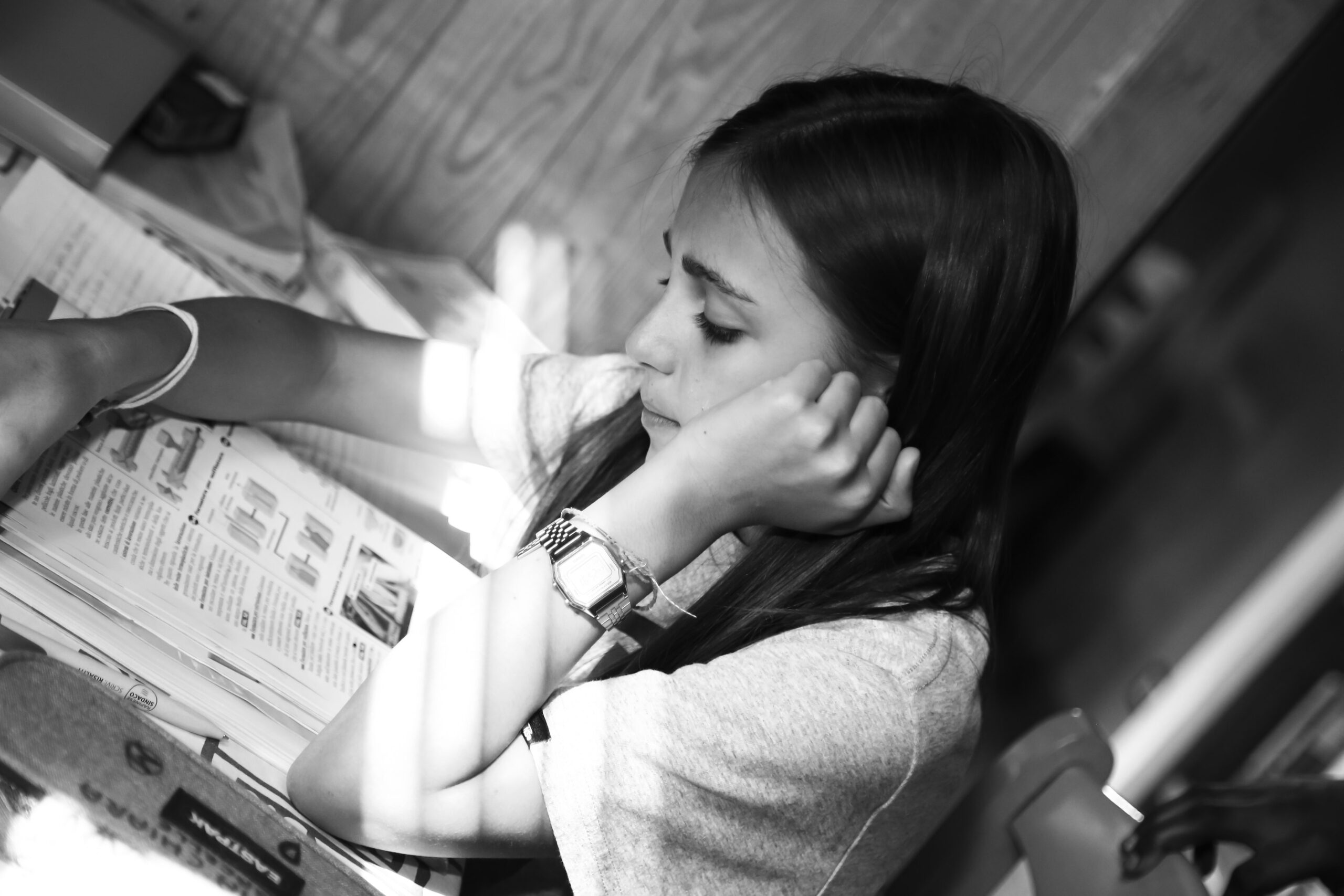Reggio Emilia is an educational approach used primarily for teaching children aged 3 to 6. The method is named after the city in northern Italy where teacher Loris Malaguzzi founded a new approach to early childhood education after World War II. Malaguzzi’s philosophy was based on the belief that children are competent, curious and confident […]
Written Assignments and Out-of-Class Exercises
Written assignments can be more original and exciting than the usual term papers, book reports, and homework assignments. Students are capable of producing fairly sophisticated work if the assignment is clearly explained and carefully structured. For example, you might require students to observe and report on a city council meeting, fundamentalist revival, ballet, construction site, […]
Games
Games and simulations are closely related, and there are mixed varieties: simulation games, non-simulation games, and non-game simulations. Games are activities in which there are winners and losers, definite sets of rules for “moves,” and frequent use of props or other paraphernalia. For example, in a game used in sociology classes, players are randomly assigned […]
Simulations
Simulations provide students with practice in decision making, but in a different, more engaging, format. Since simulations are based on real-life situations, they present students with choices and constraints that reflect real-world problems. For example, a class in political science might simulate a city council meeting to decide on the location of a halfway house […]
Harkness method
The Harkness method isn’t based on a specific curriculum or a particular ideology, but rather one important piece of furniture. Developed by oil magnate and philanthropist Edward Harkness, a large, oval table is the centerpiece of any classroom that employs the Harkness method of teaching. Students sit with their classmates and teacher around the table […]
Cooperative Learning Groups
Many teachers will occasionally break their classes into small groups for discussions, but only a few use the technique as a fundamental teaching tool. A class can be divided into learning teams that are periodically given instructional tasks to complete, either in or out of class. Research has shown that, with careful planning, this technique […]
Maria Montessori system
Dr. Maria Montessori, the first woman in Italy to earn her physician’s degree, developed the educational model that bears her name while teaching a class of 50 poor students on the outskirts of Rome in 1907. Dr. Montessori, who previously worked with special needs students, rejected the notion that children were born as “blank slates”. […]
Team-Teaching: Teaching Guide
Team-teaching (also often called “collaborative teaching”) is an opportunity to expose students to more perspectives and content knowledge than a single instructor may be able to provide. Co-teaching can also be a rewarding experience for faculty, who often learn more about the subject matter, different disciplinary approaches, and teaching in general as a result of […]
Peer teaching
Research has shown that students who are required to teach something learn concepts better than if they are taught the material in conventional ways. In other words, teaching is a more effective learning strategy than being taught, and it makes sense to use this principle in the classroom to increase learning. Pairing students at learning […]
Case-Based Learning
Case studies are stories that are used as a teaching tool to show the application of a theory or concept to real situations. Dependent on the goal they are meant to fulfil, cases can be fact-driven and deductive where there is a correct answer, or they can be context driven where multiple solutions are possible. […]

